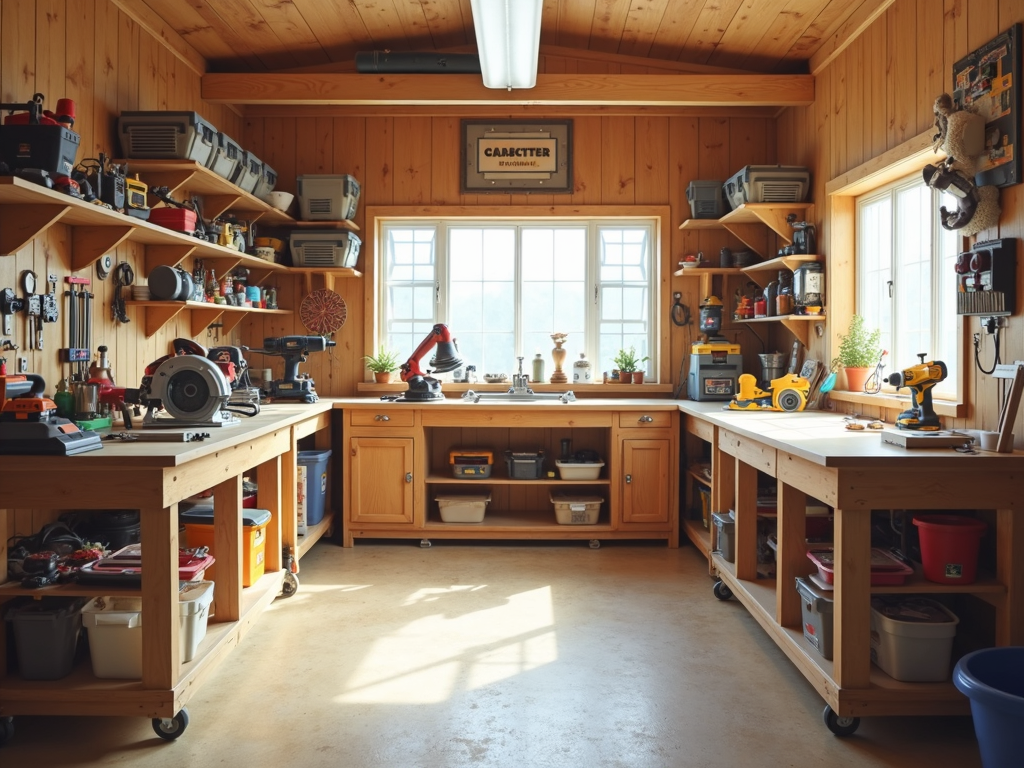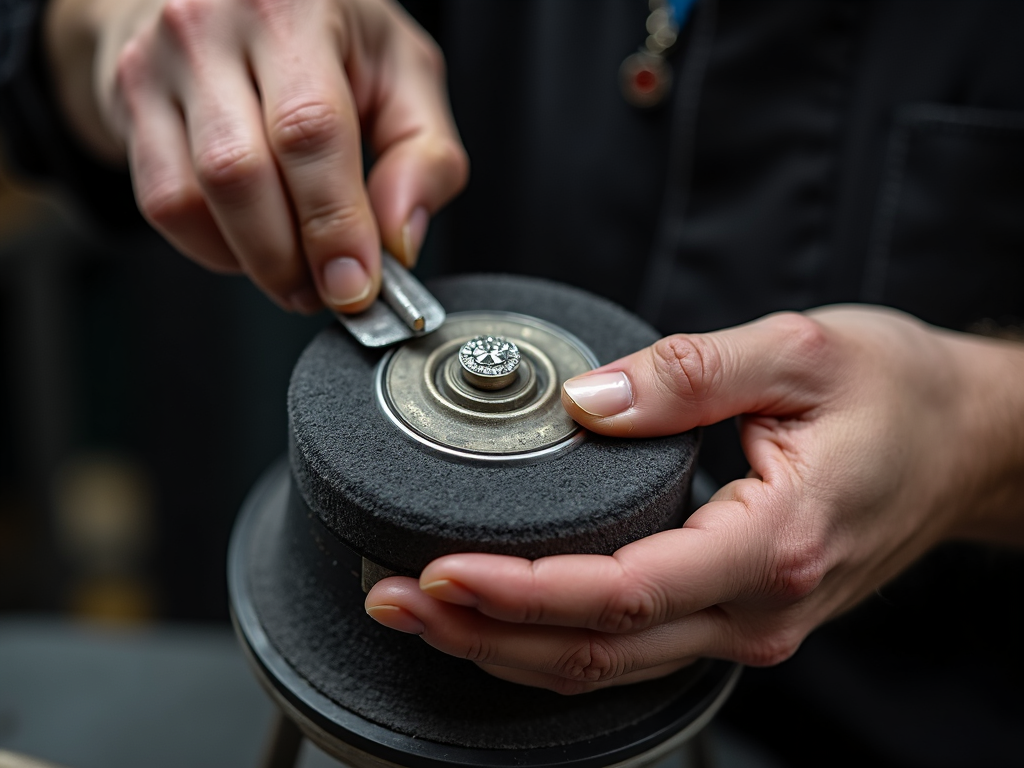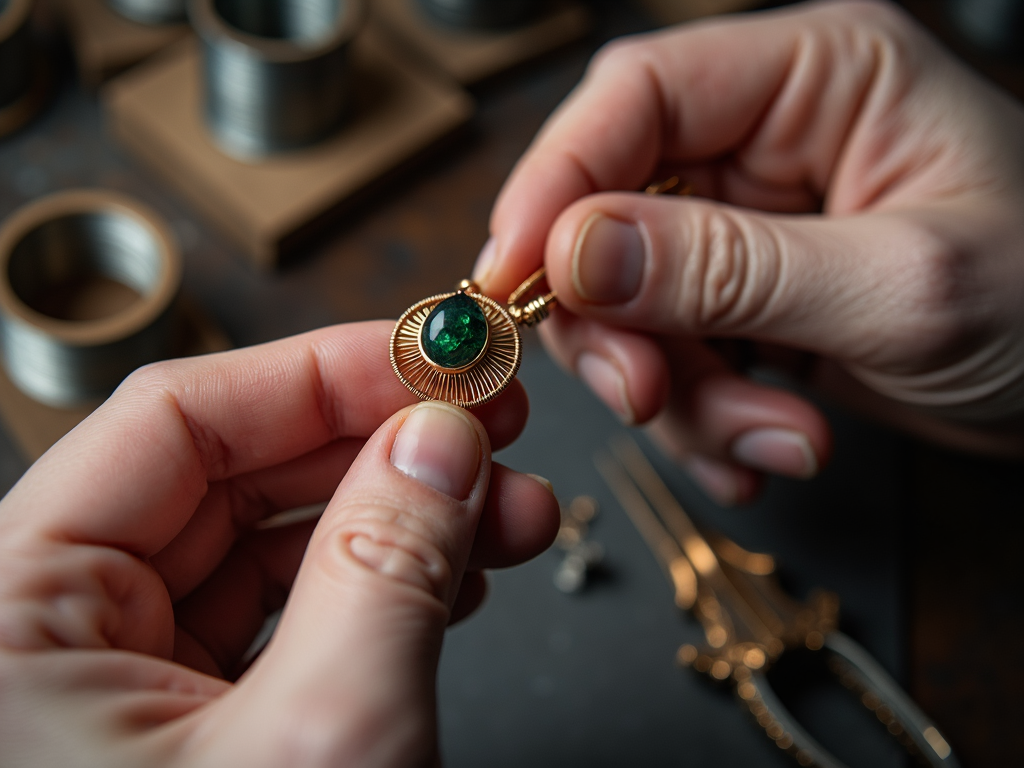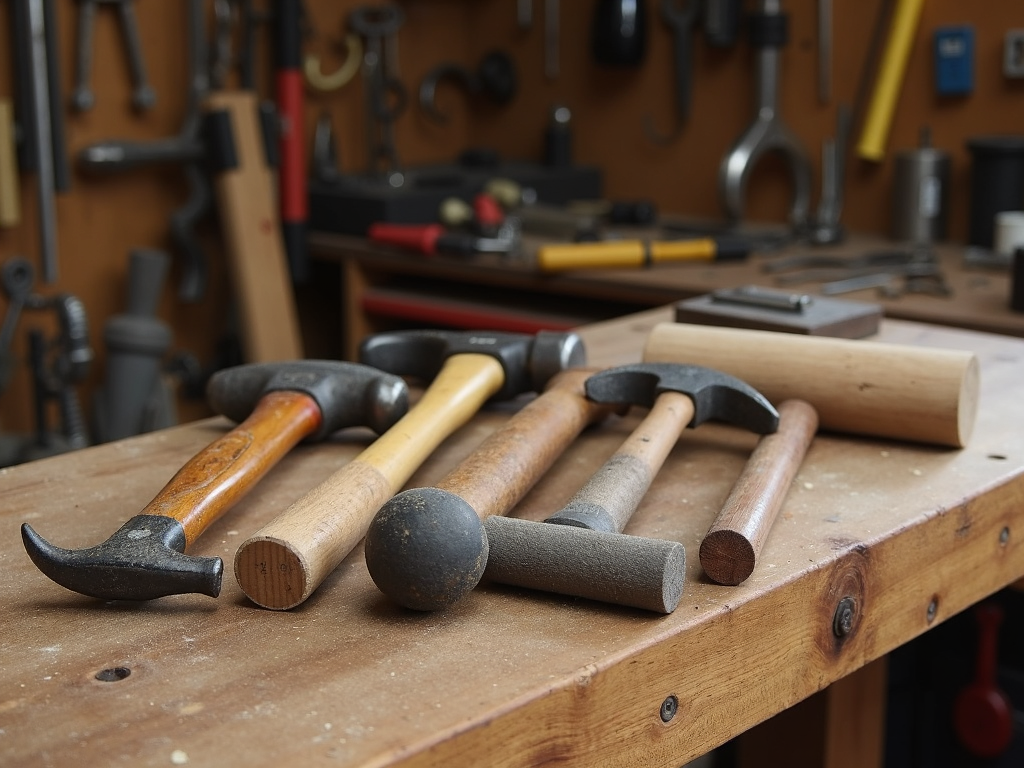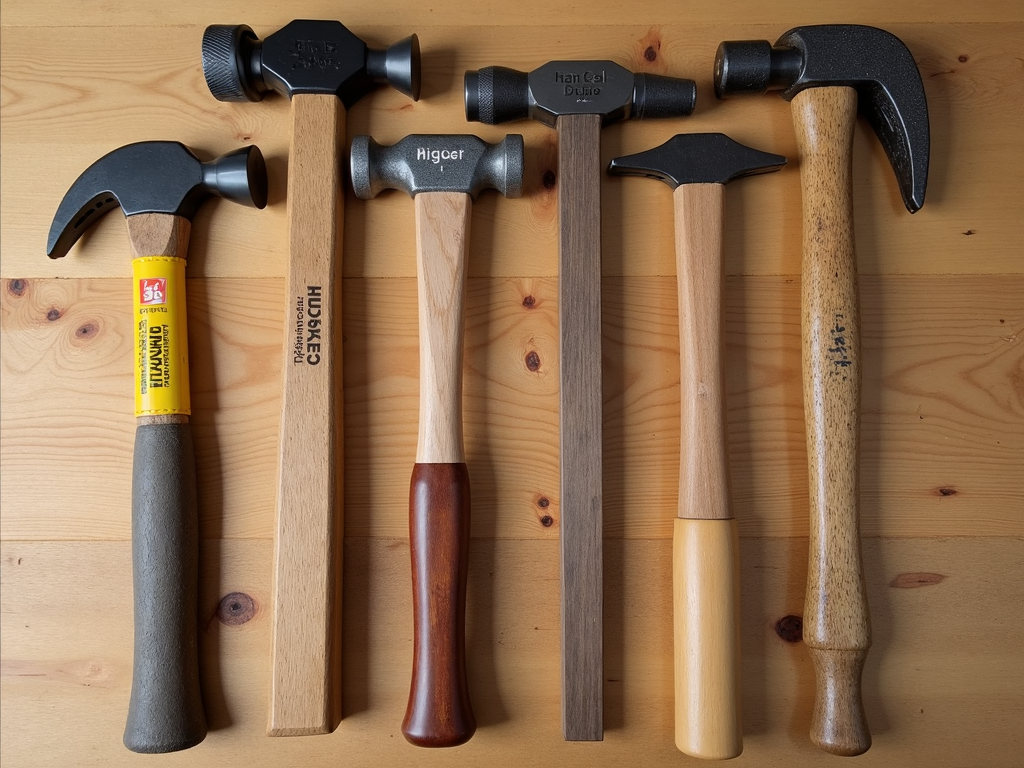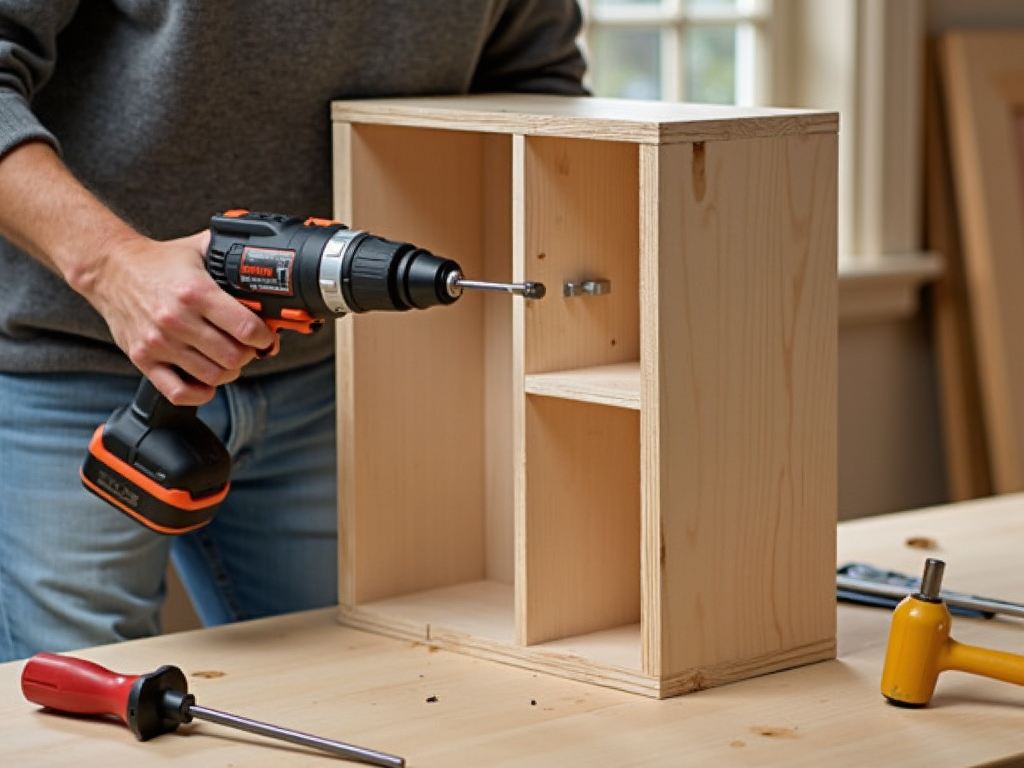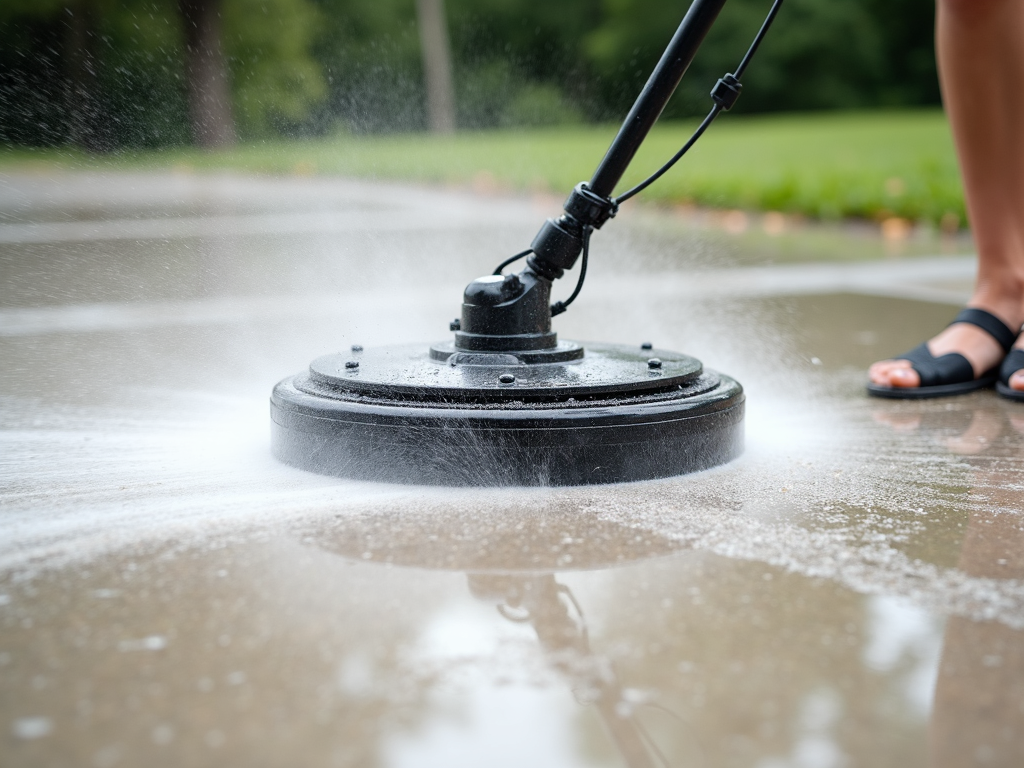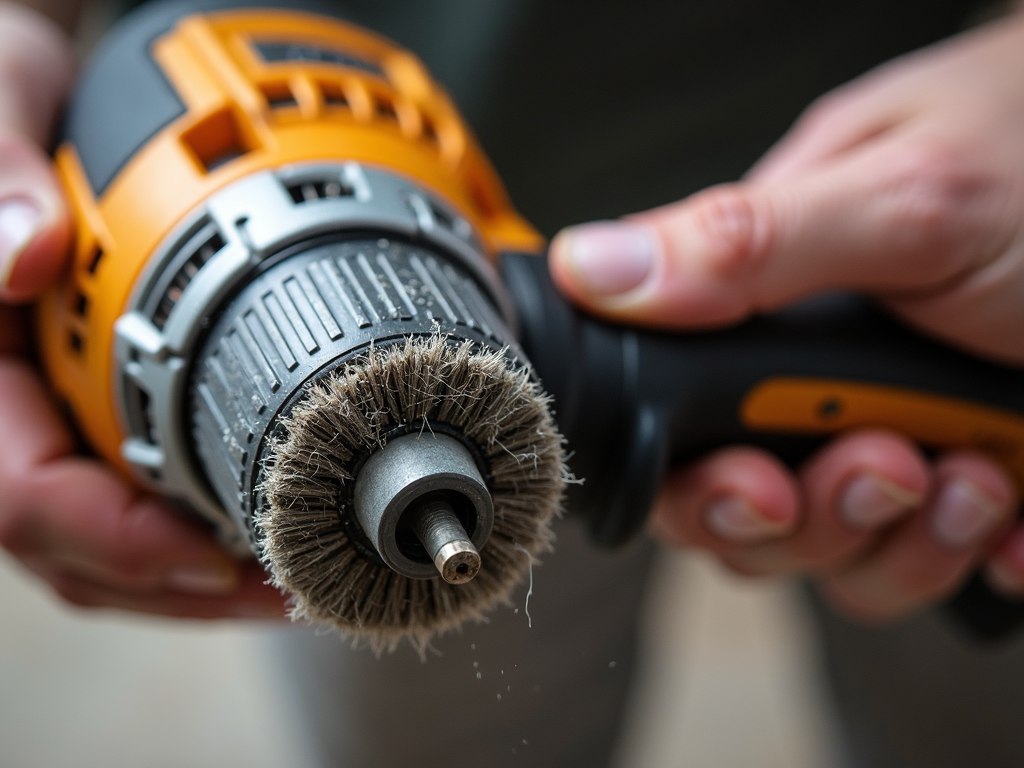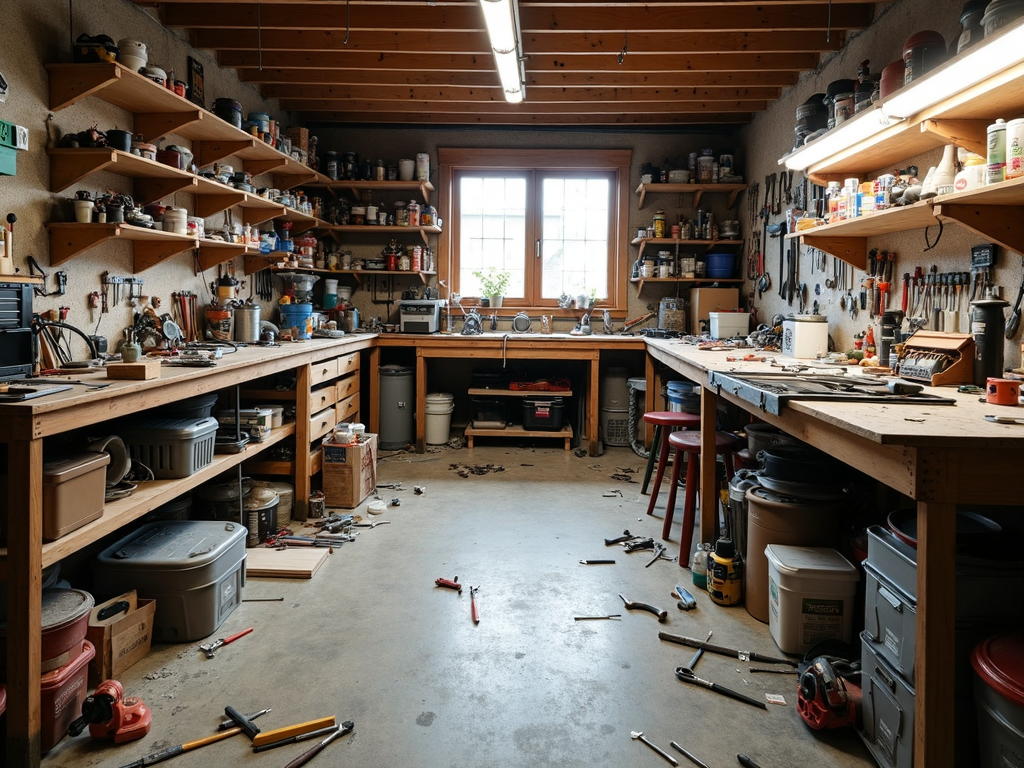Overview
Woodworking is a rewarding hobby, but beginners often make mistakes that can lead to frustration or even injury. This guide will help you avoid common pitfalls, ensuring your projects are both safe and successful. From safety gear to tool maintenance, we’ll cover everything you need to know to get started on the right foot.
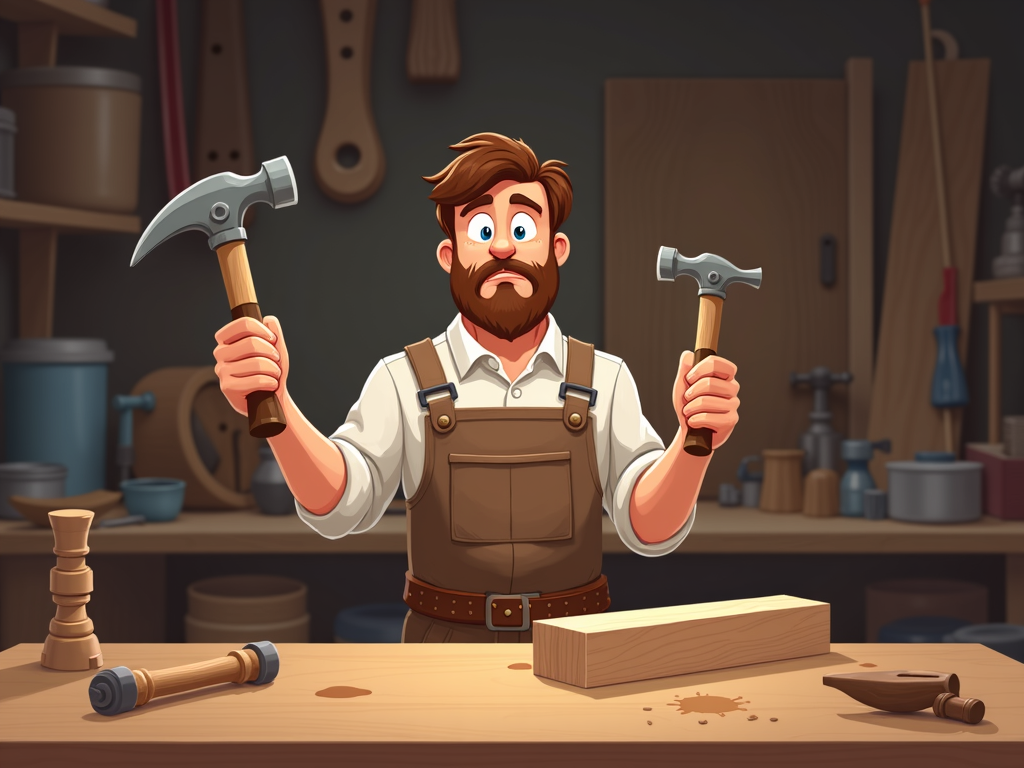
Common Beginner Woodworking Errors and How to Avoid Them
Starting out in woodworking can be exciting, but it’s easy to make mistakes if you’re not careful. Here are some of the most common errors beginners make and how you can steer clear of them.
1. Neglecting Safety Gear
One of the biggest mistakes beginners make is not wearing the proper safety gear. Woodworking involves sharp tools and powerful machinery, so protecting yourself is crucial.
- Always wear safety glasses to protect your eyes from flying debris.
- Use ear protection when working with loud tools like saws or routers.
- Wear a dust mask to avoid inhaling sawdust, which can be harmful to your lungs.
Remember, safety gear isn’t optional—it’s essential for every project, no matter how small.

2. Improper Tool Handling
Another common mistake is mishandling tools. Whether it’s using the wrong tool for the job or not knowing how to use a tool correctly, this can lead to poor results or even accidents.
- Learn the basics of each tool before using it. For example, know how to hold a chisel or how to adjust a saw.
- Keep your tools sharp. Dull tools are harder to control and can cause accidents.
- Store tools properly in a toolbox to keep them in good condition and easy to find.
Investing time in learning how to use your tools properly will pay off in the long run.
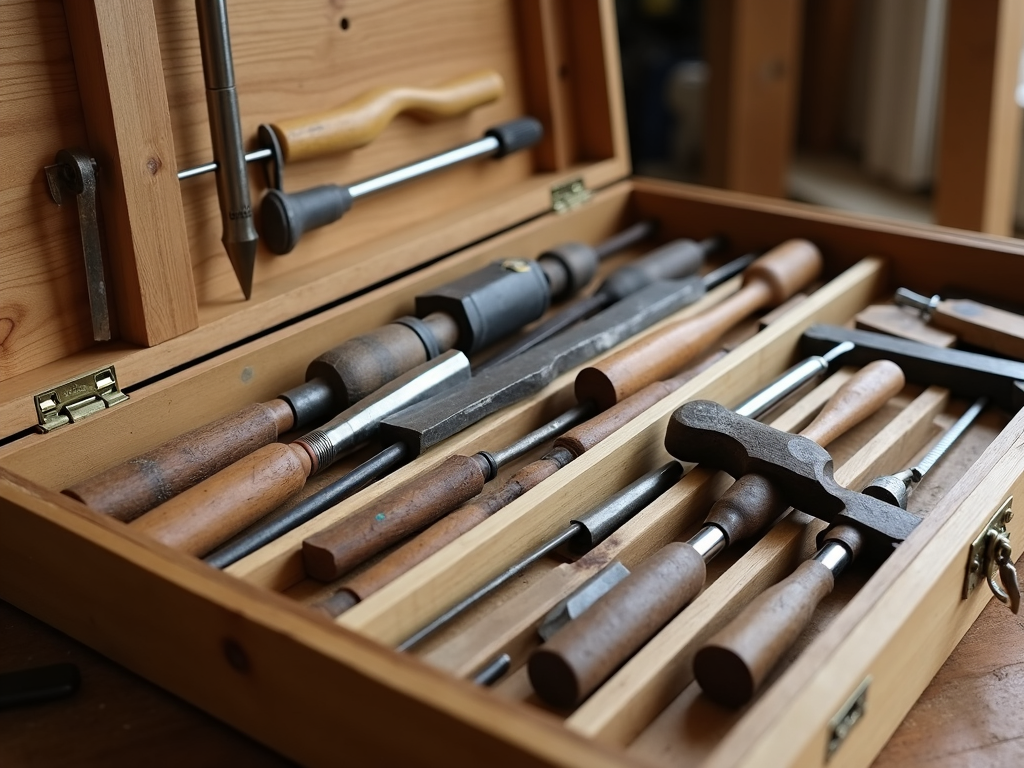
3. Poor Project Planning
Jumping into a project without a plan is a recipe for disaster. Beginners often underestimate the importance of measuring, sketching, and planning before they start cutting wood.
- Measure twice, cut once. This old saying is crucial in woodworking. Double-check your measurements to avoid wasting materials.
- Sketch your project before you begin. Even a simple drawing can help you visualize the steps.
- Start with simple projects like a birdhouse or a small shelf to build your skills.
Taking the time to plan will save you from costly mistakes and ensure your project turns out as expected.
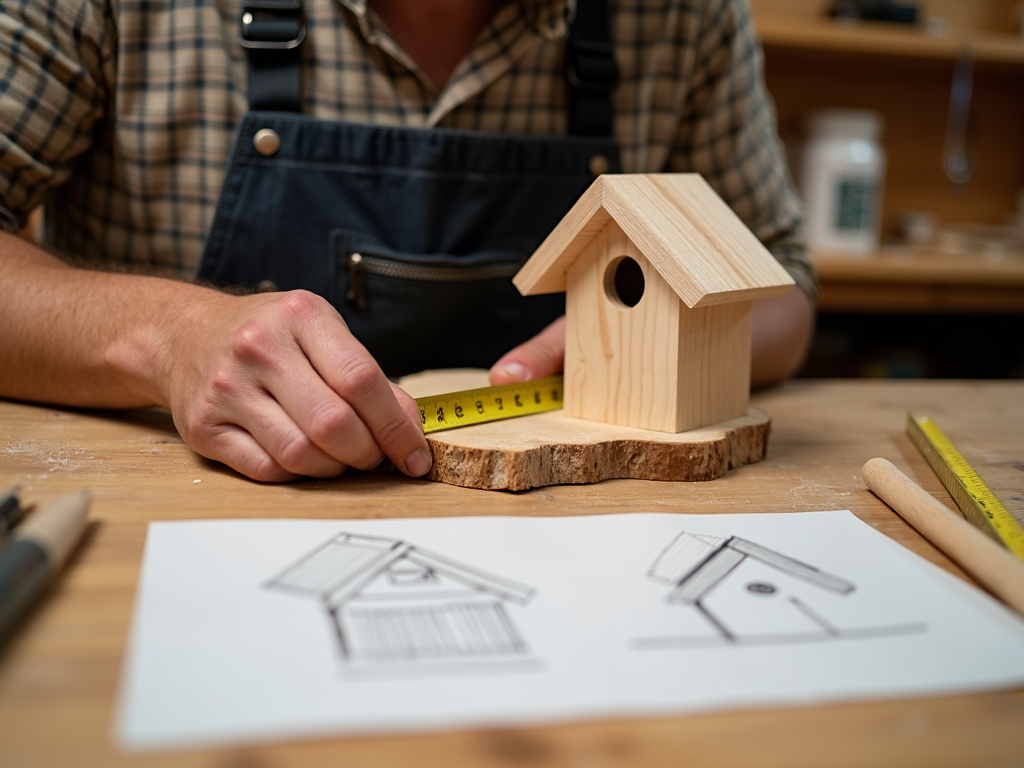
Essential Tools for Beginners
Having the right tools is key to avoiding mistakes and ensuring your projects go smoothly. Here’s a list of must-have tools for any beginner woodworker:
| Tool | Purpose |
|---|---|
| Hammer | Driving nails and assembling |
| Screwdriver Set | Tightening screws |
| Measuring Tape | Accurate measurements |
| Chisel Set | Carving and shaping wood |
| Hand Saw | Cutting wood by hand |
| Power Drill | Drilling holes and driving screws |
In addition to these tools, a sturdy toolbox is essential for keeping everything organized and in good condition. Look for a toolbox with multiple compartments to store small items like screws and nails.
For more detailed advice on choosing tools, check out our Beginner’s Guide to Woodworking Tools.
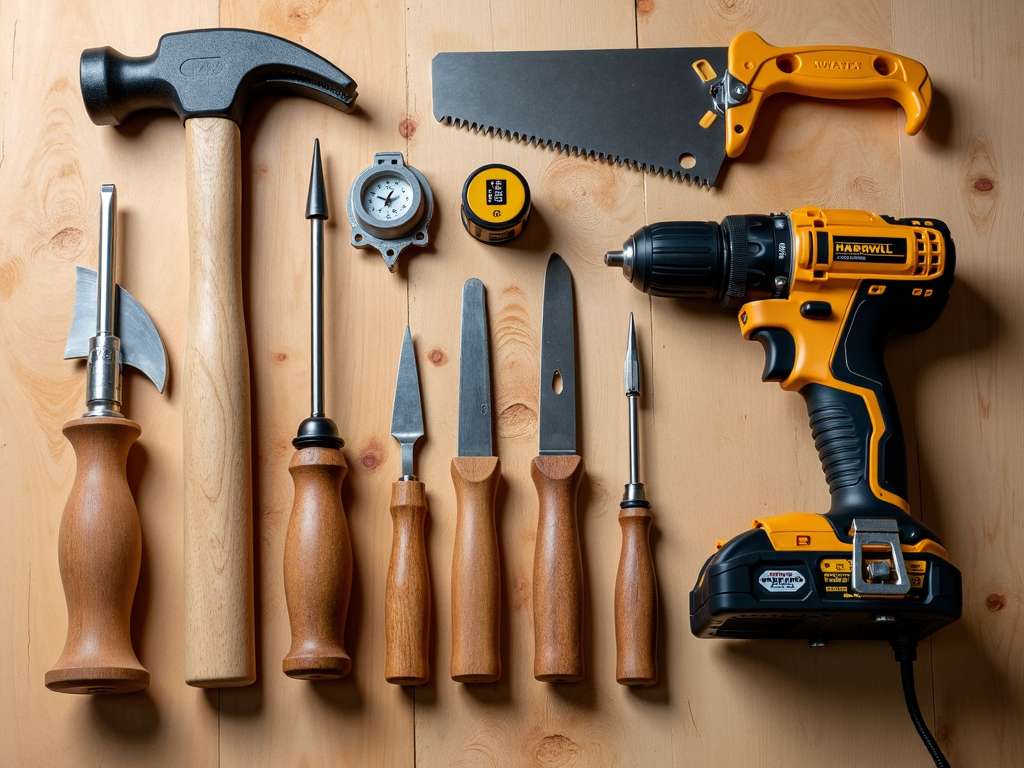
DIY Safety Tips Every Beginner Should Know
Safety should always be your top priority in woodworking. Here are some additional tips to keep in mind:
- Keep your workspace clean. A cluttered workspace can lead to accidents.
- Never work alone. If possible, have someone nearby in case of an emergency.
- Know your limits. Don’t attempt complex projects or use tools you’re not comfortable with until you’ve gained more experience.
By following these safety tips, you’ll create a safer environment for yourself and others.
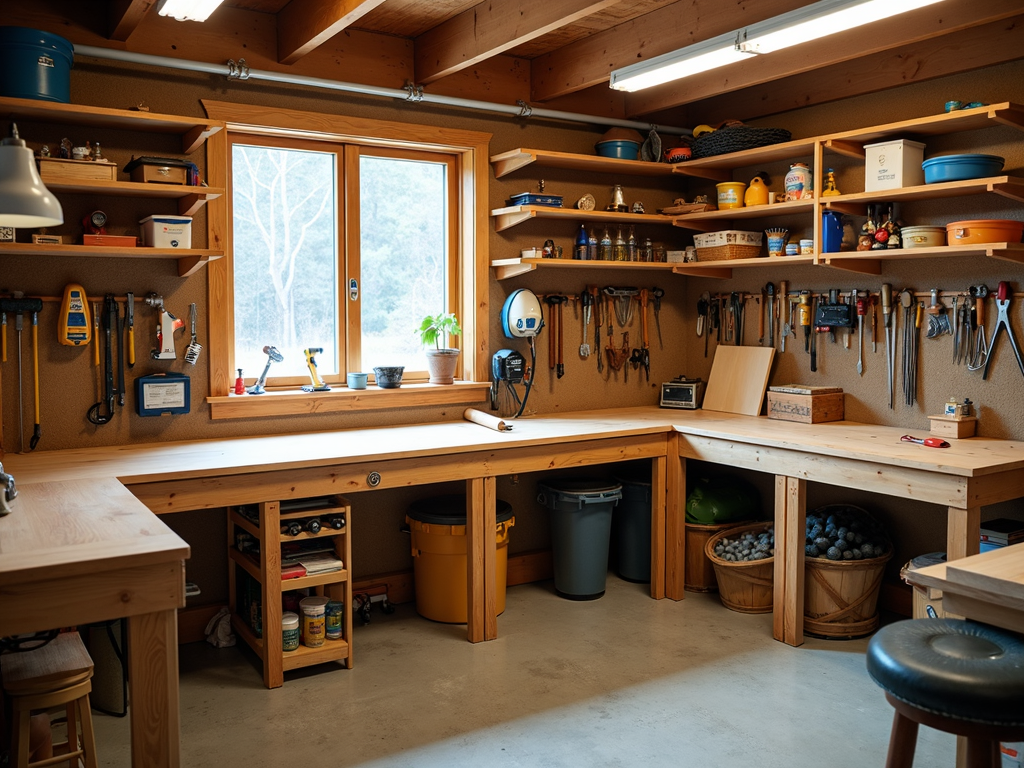
Conclusion
Woodworking is a fantastic hobby, but it’s important to avoid common beginner mistakes to ensure your projects are both safe and successful. By wearing the right safety gear, handling tools properly, and planning your projects carefully, you’ll set yourself up for success. Remember, practice makes perfect—start with simple projects and build your skills over time.
For more tips and guides, check out the recommended readings below.
Related Steer Clear of These Beginner Woodworking Errors:
- Essential Power Tools for Woodworking
- The Ultimate Guide to High-Quality Workman Tools for Professionals
- Sensors in Automation: Types and Applications
- Top 10 Jewelry Making Techniques for Beginners: A Comprehensive Guide
- Hammer Time: Your Guide to Choosing the Perfect Hammer for Every Job
- Popular Brands for Workman Tools
- How to Choose the Right Hammer for Your Project
- DIY Projects to Test Your New Tools: A Comprehensive Guide
- Top 10 Power Washer Accessories for Car Cleaning
- Essential Workman Tool Maintenance Tips for Longevity and Performance
- Top 10 Electrical Tools Every Homeowner Should Have
- How to Organize Your Workshop for Efficiency
